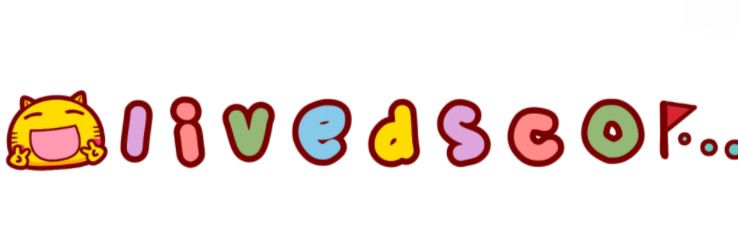Biodegradable Plastic Utensils in Bulk vs. Traditional Plastic: Which Wins?
sontex are exported all over the world and different industries with quality first. Our belief is to provide our customers with more and better high value-added products. Let's create a better future together.
---.
When searching for “Biodegradable Plastic Utensils in Bulk vs. Traditional Plastic: Which Wins?”, users are likely most concerned with the following information:
1. Environmental impact.
2. Cost comparison.
3. Durability and performance.
4. Availability in bulk.
5. Health and safety concerns.
6. Consumer preferences and trends.
---.
### Biodegradable Plastics vs. Traditional: What's Better?
In today’s eco-conscious world, the shift from traditional plastic utensils to biodegradable plastic options is gaining momentum. With increasing awareness about environmental issues, consumers are eager to understand the true implications of their choices—especially when it comes to utensils commonly used in food service or events. This article will delve into the key aspects of biodegradable plastic utensils in bulk vs. traditional plastic, helping you make an informed decision.
#### Environmental Impact.
One of the most significant differences between biodegradable plastics and traditional plastics lies in their environmental impact. Traditional plastics, derived from petroleum-based resources, can take hundreds of years to decompose. Often, they end up in landfills or oceans, causing severe harm to wildlife and ecosystems. On the other hand, biodegradable plastics are designed to break down naturally, often within a few months to a couple of years, depending on the conditions. This reduction in long-term waste makes biodegradable options a more sustainable choice.
#### Cost Comparison.
While the environmental benefits of biodegradable utensils are compelling, many consumers also consider cost. Historically, biodegradable utensils can be more expensive than their traditional counterparts due to the materials and processes involved in their production. However, prices have been decreasing as technology improves and demand increases. For bulk purchases, suppliers often offer discounts, making biodegradable options more financially viable for businesses such as restaurants or event planners looking for sustainable solutions.
#### Durability and Performance.
A common concern among consumers is whether biodegradable utensils can match the durability of traditional plastics. Many biodegradable options are made from materials like PLA (polylactic acid) and are designed for specific uses. While they tend to perform well with dry foods, their effectiveness can diminish when exposed to hot or oily substances. Traditional plastic utensils often boast superior strength and resilience, making them a reliable choice for various scenarios. When considering which option to choose, think about the specific use case. Will you be serving hot or cold dishes? Understanding the context will guide you toward the best performing option.
#### Availability in Bulk.
Availability is another critical factor. Businesses and event planners often seek utensils in bulk to meet demand and streamline costs. Fortunately, biodegradable options are increasingly available from various suppliers, catering to the needs of those who wish to make eco-friendly choices. Websites specializing in sustainable products offer a range of options for bulk purchasing, making it easier than ever to switch. .
#### Health and Safety Concerns.
Health and safety also play a vital role in the decision-making process. Traditional plastics can leach harmful chemicals when heated or exposed to certain types of food. Biodegradable utensils, manufactured under strict safety standards, often have fewer risks associated with chemical leaching. However, not all biodegradable products are created equal; it’s essential to choose products that meet food safety regulations to ensure the health of consumers.
#### Consumer Preferences and Trends.
Finally, consumer behavior is rapidly changing, with many opting for sustainable products whenever possible. Survey data indicate that a significant portion of the population is willing to pay more for biodegradable options, especially in the food service industry. Companies that adopt sustainable practices not only attract eco-conscious consumers but also foster brand loyalty and positive public perceptions.
#### Conclusion.
In conclusion, the decision between biodegradable plastic utensils in bulk and traditional plastic hinges on several factors: environmental impact, cost, performance, availability, health concerns, and consumer preferences. Both options have their pros and cons, with biodegradable options shining in sustainability but challenging in durability for certain applications. Ultimately, understanding your specific needs and aligning them with your values will guide you to make the best choice for your circumstances.
You can find more information on our web, so please take a look.
- 0

